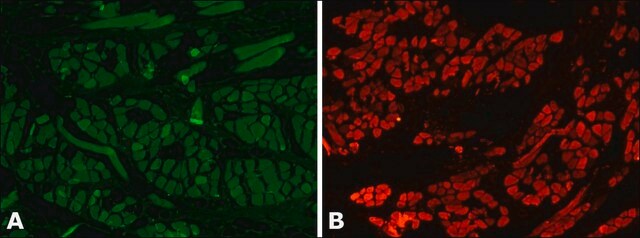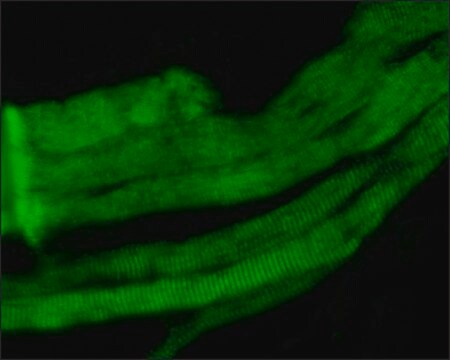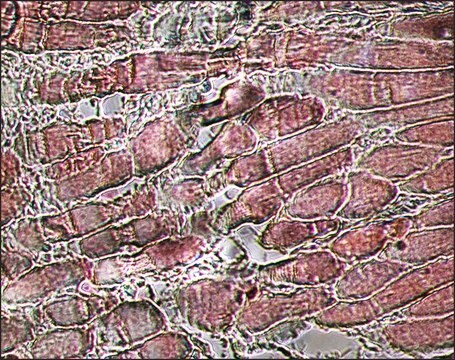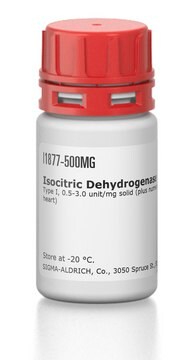M5818
Monoclonal Anti-hMps1 antibody produced in mouse
~2 mg/mL, clone N1, purified immunoglobulin, buffered aqueous solution
About This Item
IHC (f)
IP
WB
immunoprecipitation (IP): suitable
microarray: suitable
western blot: 0.5-1.0 μg/mL using HeLa total cell extract
Productos recomendados
biological source
mouse
Quality Level
conjugate
unconjugated
antibody form
purified immunoglobulin
antibody product type
primary antibodies
clone
N1, monoclonal
form
buffered aqueous solution
species reactivity
human
should not react with
mouse
concentration
~2 mg/mL
technique(s)
immunohistochemistry (frozen sections): suitable
immunoprecipitation (IP): suitable
microarray: suitable
western blot: 0.5-1.0 μg/mL using HeLa total cell extract
isotype
IgG1
UniProt accession no.
storage temp.
−20°C
target post-translational modification
unmodified
Gene Information
human ... TTK(7272)
General description
Immunogen
Application
Physical form
Disclaimer
¿No encuentra el producto adecuado?
Pruebe nuestro Herramienta de selección de productos.
Elija entre una de las versiones más recientes:
Certificados de análisis (COA)
¿No ve la versión correcta?
Si necesita una versión concreta, puede buscar un certificado específico por el número de lote.
¿Ya tiene este producto?
Encuentre la documentación para los productos que ha comprado recientemente en la Biblioteca de documentos.
Nuestro equipo de científicos tiene experiencia en todas las áreas de investigación: Ciencias de la vida, Ciencia de los materiales, Síntesis química, Cromatografía, Analítica y muchas otras.
Póngase en contacto con el Servicio técnico






